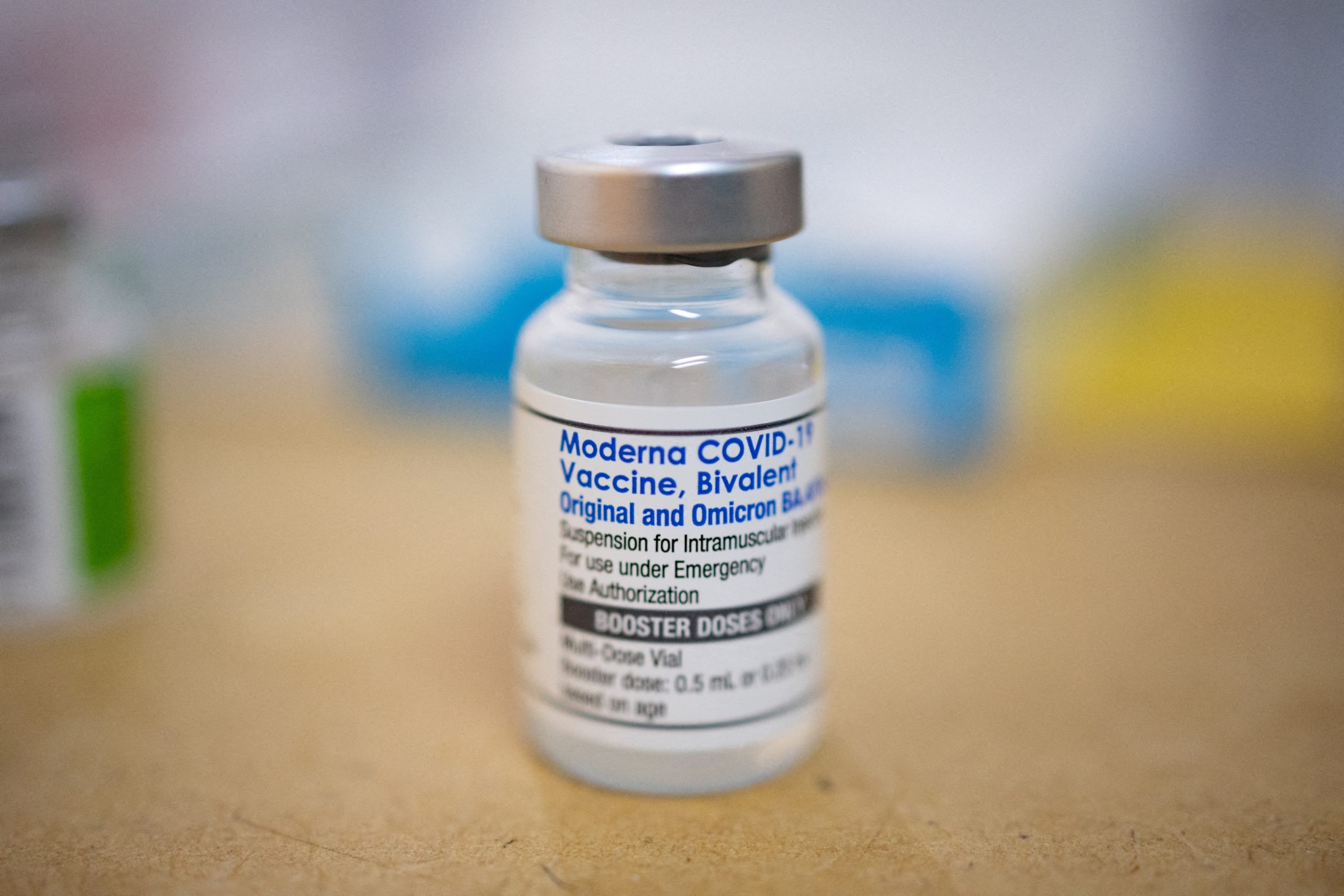
Lauren Dempsey, MS in Biomedicine and Law, RN, FISM News
[elfsight_social_share_buttons id=”1″]
Researchers from the University of Southern Denmark have found that the Pfizer-BioNTech and Moderna COVID-19 vaccines did not have a significant impact on overall mortality. The study results were published this month in the Cell Journal.
The study included data from randomized clinical trials (RCTs) reported by the pharmaceutical companies that manufactured the mRNA and adenovirus-vector COVID-19 vaccines. The researchers analyzed data on overall mortality, including COVID-19 deaths, accident deaths, cardiovascular deaths, and other non-COVID-19 deaths.
The team of researchers found that both of the mRNA vaccines protected against death. However, trial participants were more likely to die from cardiovascular events. They compared this to adenovirus vaccines, which were found to have a positive impact on COVID-19 mortality as well as overall mortality.
THE STUDY
Lead researcher and author of the study, Professor Christine Stabell Benn and her team took data from three RCTs for the Pfizer-BioNTech, Moderna, and CureVac mRNA vaccines. However, deaths in the CureVac RCT were not reported by cause and the vaccine was withdrawn due to poor efficacy.
The analysis also evaluated data from six RCTs for the Johnson & Johnson and AstraZeneca adenovirus-vector vaccines that had mortality data available. The team then compared the overall deaths in the vaccinated group with the placebo group of the study and broke the deaths down into different categories.
The Pfizer-BioNTech and Moderna vaccines were associated with lower COVID-19 mortality, but higher cardiovascular and non-accident, non-COVID-19 mortality and there was no difference between mortality in the vaccine and placebo groups.
NON-MRNA VACCINES
When they evaluated the Johnson & Johnson vaccine RTCs, they found that the vaccine was associated with lower overall mortality and lower non-COVID-19 mortality, and with no effect on COVID-19 mortality. In comparison, the AstraZeneca vaccine, which was never authorized in the United States but was used in other countries, was linked to lower mortality across several trials, although in one trial slightly more vaccinated people died from non-COVID causes or non-accident, non-COVID-19 causes.
The volunteers participating in the trials were generally healthy adults which resulted in low COVID-19 and overall mortality. The researchers suggest that in a real-world situation, where COVID-19 vaccines were administered to highly vulnerable populations, significant reductions in overall mortality are to be expected.
The adenovirus-vector vaccines appear to have the most positive impact on reducing non-COVID-19 diseases, the most significant being cardiovascular disease. The authors wrote that “the differences in the effects of adenovirus-vector and mRNA vaccines on overall mortality, if true, would have a major impact on global health,” and warrants further investigation.
CRITICISM
The study has been met with some criticism, which the authors address in a statement posted on LinkedIn.
Benn and her colleagues stand by the study, saying,
Our key message is that yes, data on the overall mortality effect of the new vaccines is regrettably limited, but nonetheless it does show differences in mortality effect between the two major vaccine types that if true would have major global health implications. This should prompt immediate action in terms of more research.
According to a new survey from the Pew Research Center, 66% of Americans believe that COVID-19 vaccines have saved millions of lives and 57% believe that staying up to date on vaccines is essential to being a “good community member.” The majority of Americans agree that the positive benefits of vaccination are greater than the negatives.
